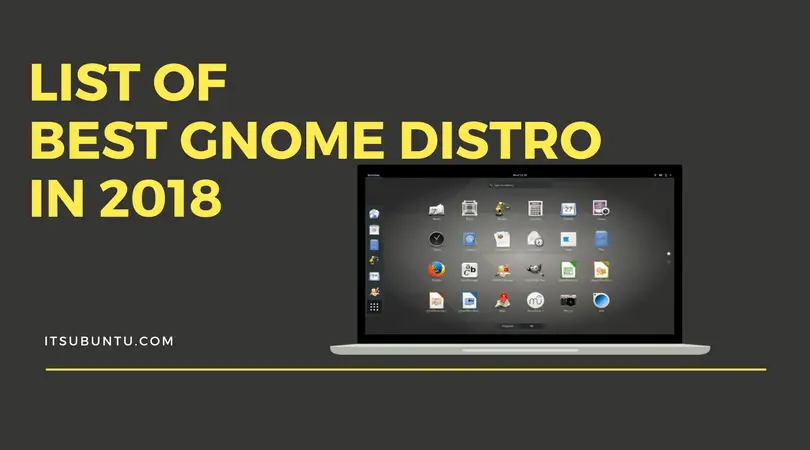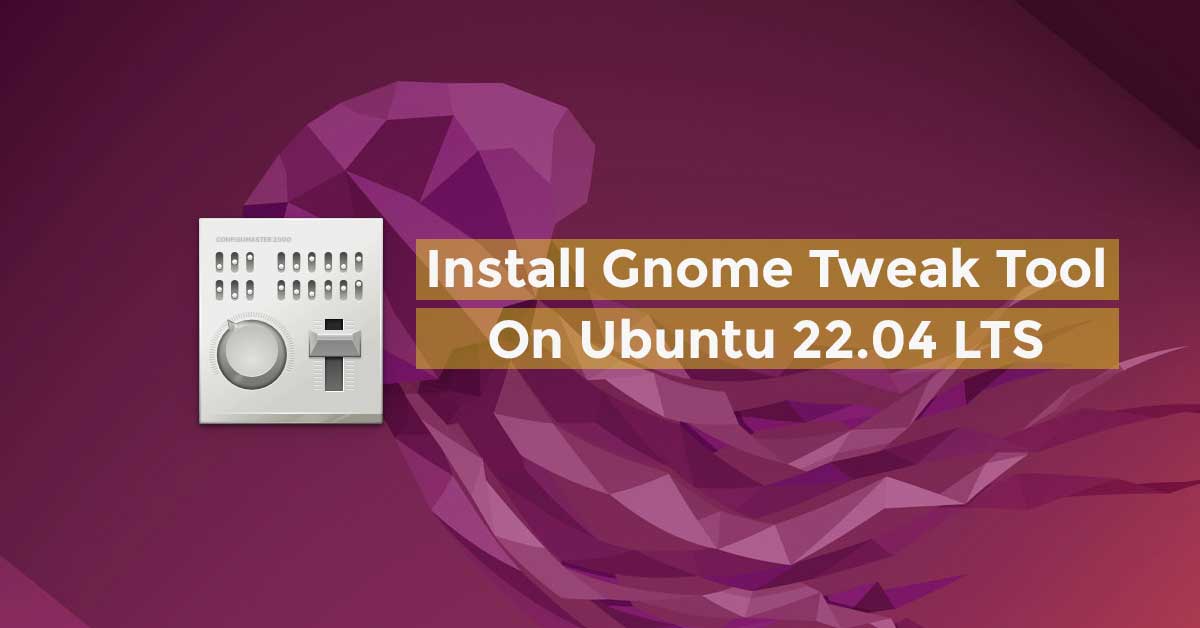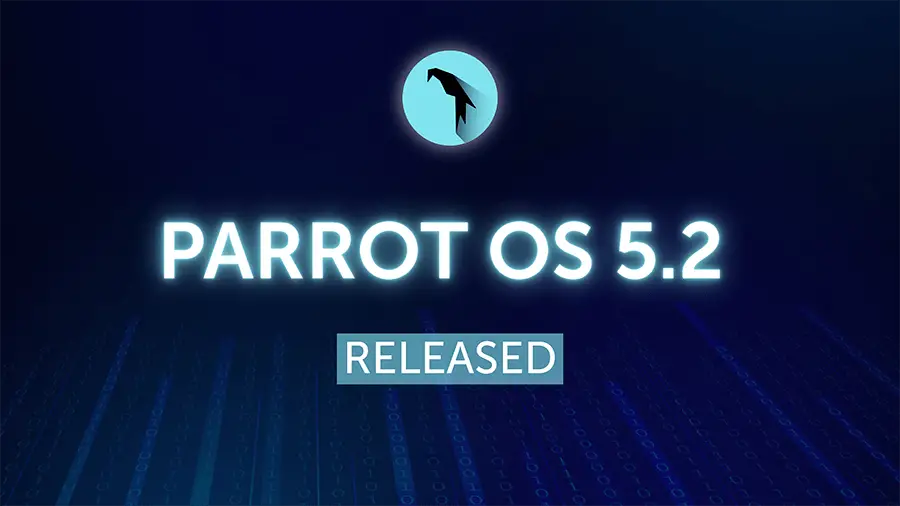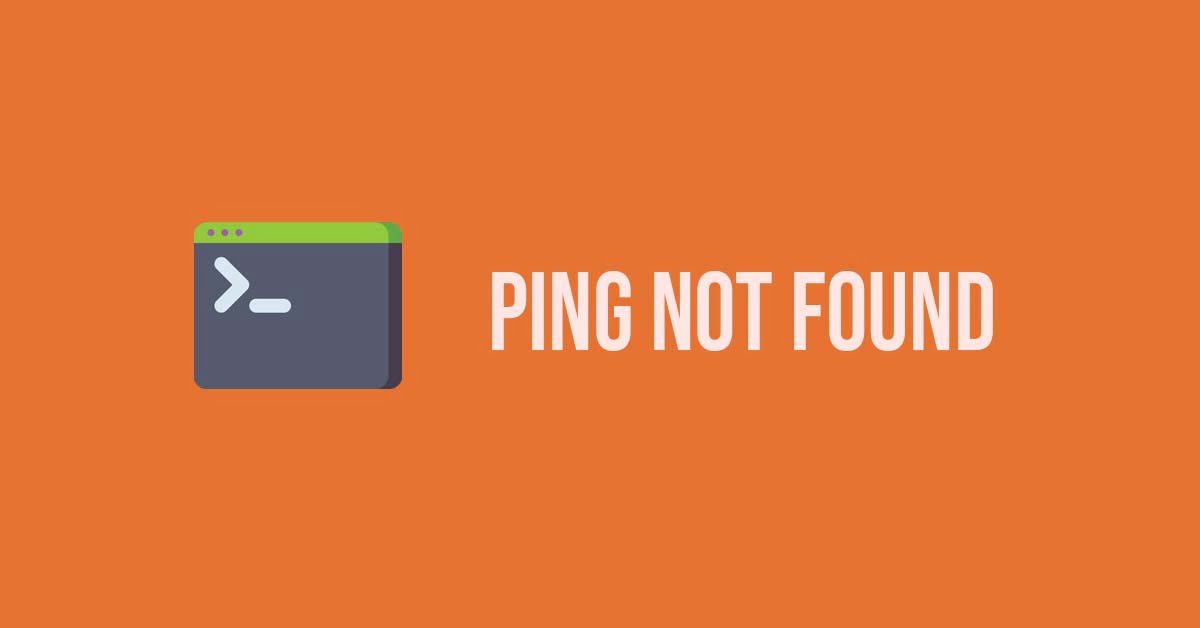The internet seems to have a life of its own as it forces people out of their shells. Regardless, some individuals and businesses have a need for the shadows. They need to browse the web or carry out their activities anonymously. Proxies are how they tend to it.
Proxies are intermediaries that enable connection between a user’s device and a web server. There’s one caveat, though; they make the connection look like it’s from a different location.
Of all the proxies, though, residential proxies grant the most impressive form of anonymity.
This article explores how residential proxies achieve anonymity compared to other proxy types and how people use it in their daily activities.
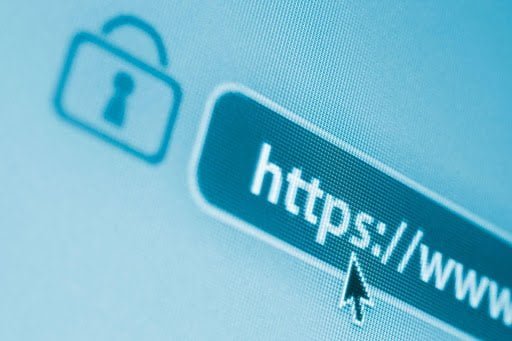
Types of Proxies
If proxies are portals that modify the web requests of their users, then there are many different portals. While most perform some of the same general functions, they are all unique. Based on the type of IP addresses employed by proxy providers, here are the types of proxies:
- Residential proxies. They are arguably the most common proxies in use. This is so because they use IP addresses from actual residential locations. As such, they appear to destination servers as though they are organic connections from real users rather than bots. The IP addresses come from Internet Service Providers, and this adds to their legitimacy.
- Datacenter proxies. Contrary to the IPs of residential proxies, those of datacenter proxies are from data centers. As such, they are easily detectable as being not-so-authentic, though they would still grant some measure of anonymity.
Proxies are also recognizable according to the level of anonymity. Based on this, there are three types of proxies, namely:
- Transparent proxies confer the lowest level of anonymity and are only suitable for caching pages and boosting connection speeds.
- Anonymous proxies, which provide mid-level anonymity in addition to caching-supported speed.
- Elite proxies offer the highest level of anonymity and are ideal for sensitive tasks.
A third classification divides proxies based on the protocol they employ. There are:
- SOCKS (SOCKet Secure) proxies, which may be SOCKS4 or SOCKS5. These proxies are versatile, fast, and possess the ability to access content within firewalls. However, they are not very secure due to a lack of encryption.
- HTTP (HyperText Transfer Protocol) or HTTPS (‘S’ for secure). Both lack the versatility of SOCKS proxies but are useful for monitoring and filtering content where needed. HTTPS, though, supports SSL encryption, thus lending it more security.
Other types of proxies may include mobile proxies, dedicated proxies, shared proxies, reverse proxies, etc. It is also quite common to see a seemingly different combination of proxy types (in descriptions), such as dedicated residential proxies or residential SOCKS5 proxies.
Features and Advantages of Residential Proxies
Like all other types, residential proxies have a combination of features peculiar to them. By extension, their users get to enjoy certain advantages. Some of these advantages are:
- Anonymity. Residential proxies seem to be actual connections from organic users within an area. Consequently, they are more difficult to detect by destination servers. In addition, residential SOCKS5 proxies are also adept at handling authentication measures.
- Rotating IPs or proxies. Providers of residential proxies usually have very deep pools of IP addresses spanning many countries. The pool increases the variety of locations that a user can appear to connect from. However, there is one added advantage. The providers also offer users the ability to rotate between addresses as needed freely. It could be an automatic feature or a manual one. The ability to rotate IPs in this way helps reduce the susceptibility of individual addresses to IP blocks. Such an advantage helps facilitate web scraping, especially in cases of large-scale data collection.
- Geographical diversity. The deep IP address pools pointed out above are also helpful for accessing geo-restricted content. The deeper the pool and locations covered, the more likely it is that a user can access and collect data from wherever they need.
- Session persistence. Residential proxies can maintain connections for extended periods. This is similar to how actual residential IPs behave when used by residents of the area. As such, users of the proxy type can connect uninterrupted from a location. If the proxy is a dedicated residential proxy, it would be private and relatively faster as well. That said, residential SOCKS5 proxies would guarantee speed and authentic anonymity just as well.
Use Cases of Residential Proxies
Just like any tool, the advantages of residential proxies lend themselves to particular uses. Some of the most popular use cases of residential proxies are:
- Accessing geo-restricted content. The authentic anonymity provided by residential proxies makes them less discernible from other organic connections. As such, they can pass as real connections from the proxy location. This makes them ideal for accessing data from areas where location is of utmost importance.
- Web scraping. Depending on the scale of the web scraping exercise, residential proxies could be a plus or a necessity. If the data collection is of a small scale, a datacenter proxy could do just as well as a residential proxy. However, the larger the scale of collection and requests sent, the more attention the IP receives. If the IP address doesn’t hold up to close scrutiny, an IP ban beckons. Residential proxies, though, hold up well, and the rotating proxy feature makes it perfect for large data collection operations.
- Social media management. Social media platforms can be touchy places as administrators try to secure them for users. Managing multiple accounts from the same location could easily lead to suspensions. Nevertheless, that’s how some people earn their living. The high-end anonymity of residential proxies makes them perfect for managing multiple accounts on a tricky platform.
- SEO monitoring. SEO is not the most straightforward marketing aspect; monitoring content helps figure out what works. However, monitoring and scraping competitor website data, keywords, etc., is just one use. Some marketers also employ residential proxies to track and verify the placement/ranking of ads from other locations.
Conclusion
Anonymity and privacy are reasonable standards to strive for in your digital dealings, given the nature of cybersecurity threats. Unfortunately, their reasonability doesn’t mean they are easily attainable. That is if you are not employing residential SOCKS5 proxies. Such proxies can provide their users with IP addresses that mirror other residential locations, sometimes in other countries. Businesses use it to conduct their operations, and it is only fair to conclude that anyone with a need for privacy should do so as well.

